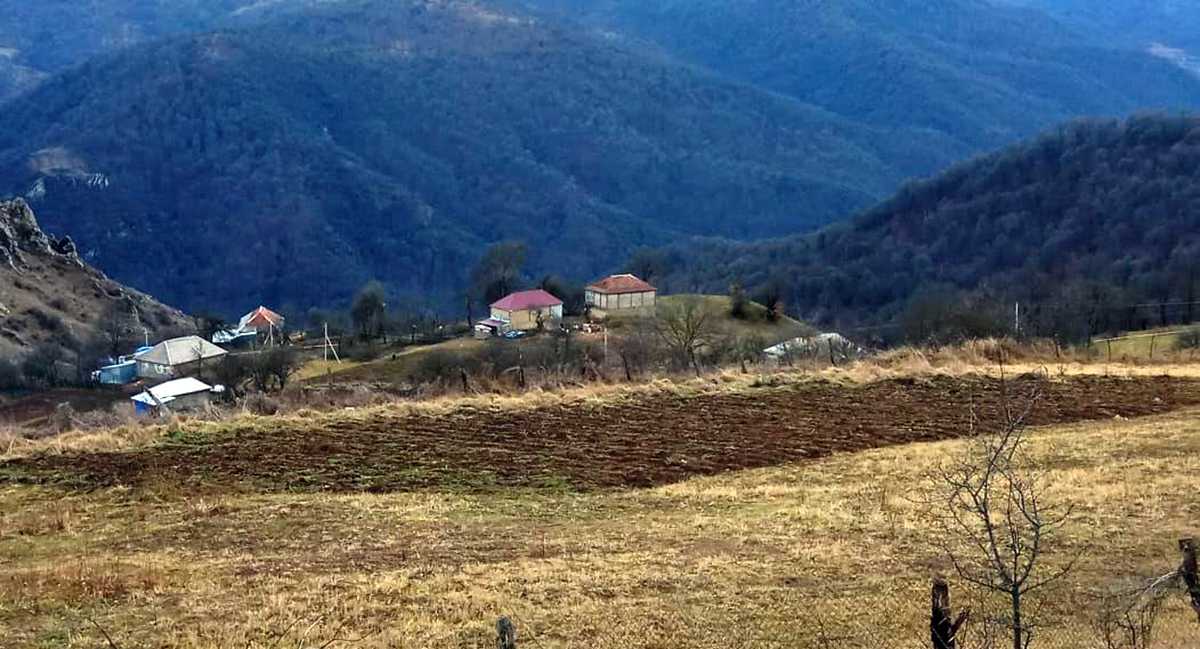
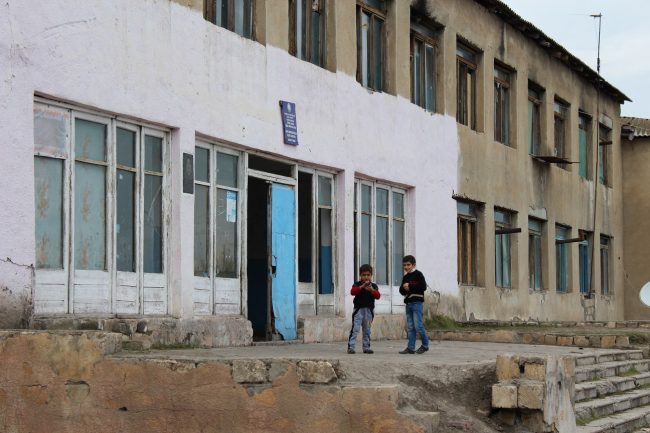
 Children with disabilities in Azerbaijan do not always have the chance to benefit from their right to an education. Special education facilities are not available in most regions of the country — and this is no exception in the villages along the frontline.
Children with disabilities in Azerbaijan do not always have the chance to benefit from their right to an education. Special education facilities are not available in most regions of the country — and this is no exception in the villages along the frontline.
‘No, no, what are you talking about? Disability?! I have one child, I cannot agree that he has a disability, even his inclusion in a disability group. My son will be healed!’
Tarana Zeynalova is a secondary school teacher in west Azerbaijan’s Tartar District. Her 12-year-old son, Ismayil Agani, fell on 6 October 2017, breaking his hip. Ismayil has been bedridden ever since.
‘The doctors advised me to wait a while. He will be operated on soon.’
Ismayil is in the seventh grade but cannot go to school; he studies at home. Ismayil’s classmates visit him every day to tell him about the lessons and bring him his homework. Teachers also visit him regularly to explain the lessons so he can keep up with the curriculum.
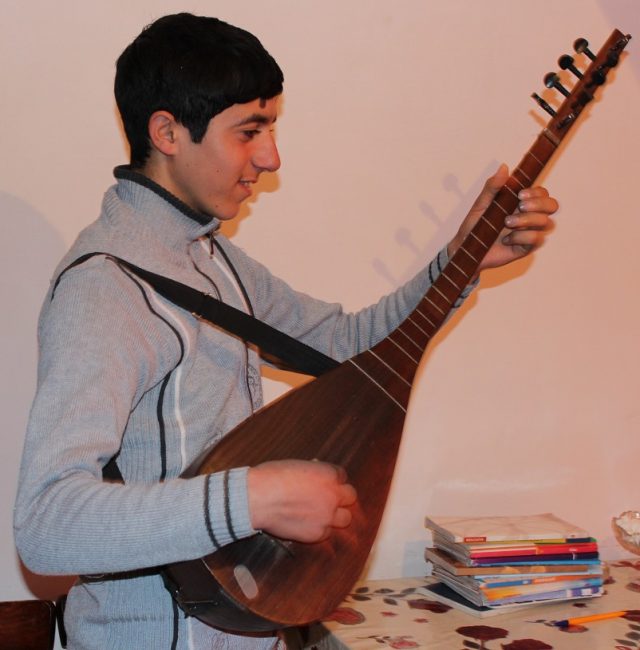
Just like Ismayil, 16-year-old Suleyman Guliyev is homeschooled. He lives in the village of Sahlabad, which is located near the positions of the Armenian Armed Forces on the line of contact. Suleyman, currently an eighth grade student, hasn’t attended school for the past four years. He suffers from asthmatic bronchitis and has been classified as having a moderate level of disability.
‘Every three months I get my son treated, to protect him from flu and other illnesses. Most of all, we do not send him to school because if he catches some illness, the situation will become even worse’, says his father, Zamin Guliyev.
According to the Tartar District Education Department, there are 47 secondary schools in the region, and only 45 students are homeschooled. In the neighbouring Aghdam District, 80% of which is under the control of the Armenian Armed Forces, 226 students have disabilities, of whom the majority are homeschooled.
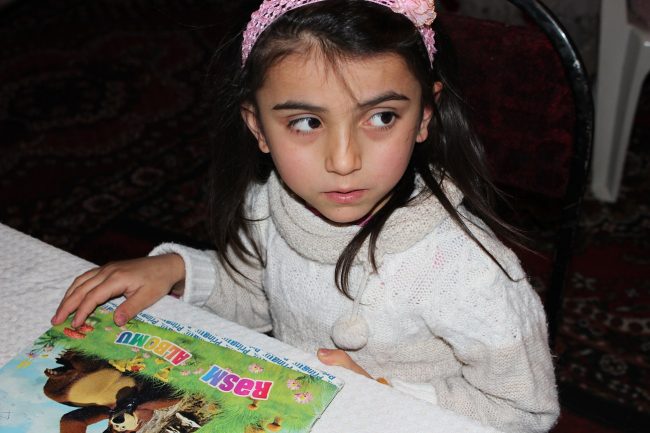
Turkana Gahramanova is a fourth-grade student currently living in the village of Uchoghlan, though originally from Marzili, in Aghdam District. She is diabetic, and although she keeps growing, she is still shorter than 1.1 metres. She finds it difficult to concentrate on books, tires quickly, and struggles to comprehend lessons. She hasn’t even managed to learn the alphabet yet.
‘My biggest desire is to see my daughter go to school like her classmates. We are continuing her treatment for a fast recovery,’ says Fuzuli, her father.
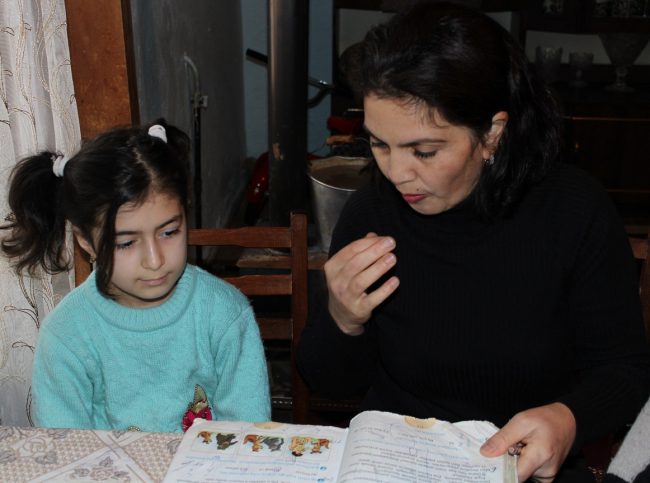
Fidan Musayeva is a 10-year-old internally displaced person from the village of Seyidli, in the Aghdam District, which is under the control of the Armenian Armed Forces. She lives in Khindiristan and studies in the third grade. She suffers from cancer, has undergone chemotherapy several times, and has had to undergo brain surgery. She is still receiving treatment, and is also homeschooled.
Although her teachers praise her, they also admit she has some difficulties. ‘We don’t overload her because of her health’, one of her teachers told OC Media.
‘She watches her sister going to school and feels sad. She wants to go to school like everyone else’, says Aynura, her mother.
However, some children who find it difficult to follow the curriculum require extra care with specially trained staff. These are unavailable in most regions, and parents have to face a choice between sending their children to Baku, or having them give up on receiving an education at all.
No special education in the regions
Fariz Ismayilov, who has Down syndrome, used to study in the seventh grade in the Aghdam District. He is no longer attending the school.
What dissatisfies his parents the most is the authorities’ decision to remove Fariz from local education and send him to Baku.
Five children from Aghdam and one from Tartar were sent to boarding schools in Baku this school year, as there were no special schools or classes in these regions.
In both regions, a number of parents of children with intellectual disabilities or hearing and visual impairments are dissatisfied. Although they did not want to give their names, they complained that children with health problems can’t attend local schools.
‘Though my child’s health was a problem, he was not behind in the curriculum; though he was not excellent, he was socialising with people. It had a positive effect on his social activities. Now, sitting at home, his situation is not good. How could I send this child to Baku?’ one parent told OC Media.
‘Our state has every opportunity. Why don’t they open schools for our children in our region? We’re not even asking them to open such a school in our districts, but at least they could open one in one in a nearby area so that we would not worry about our children’, another parent said.
According to the the Department for Deinstitutionalisation and Child Protection at the Ministry of Education, around 10,000 children with disabilities have been enrolled in the 2017–2018 school year in Azerbaijan. Of these, 6,400 are being homeschooled, while 3,600 are in special educational institutions, including 900 children enrolled in boarding schools.
While children with intellectual disabilities as well as those with visual or hearing impairments are enrolled in special education programmes, those with other physical disabilities follow the same curriculum as everyone else.
The Ministry of Education told OC Media that ‘special education institutions are established where there are 100 or more people with limited health capacities’.
They said that other than the limited number of children with special educational needs in some regions, special educational institutions are sometimes not established because of a lack of qualified staff. ‘Education of children with visual and hearing impairments is organised in dedicated boarding schools in Baku’, they added.
The Ministry of Education says special education classes have been organised in eight districts for the 2017–2018 school year. These classes, where 50 children, mostly with intellectual disabilities study, are located in the schools closest to their homes. The ministry told OC Media that ‘the number of such classes will increase and will cover more regions’, though they did not give a timetable.
Financial constraints
Inclusive education seems a possible solution — to allow children with special educational needs study in the same classes as their peers.
There are, however, no children enrolled in inclusive education in either of the frontline districts of Tartar and Aghdam. There is no infrastructure for this type of teaching in the region’s schools — communal facilities and classrooms have not been adapted. There are also no specialists or teachers to work with children with disabilities in high schools.
Davud Rahimli, the president of the Union of Disability Organisations, says that around 300 children were enrolled in inclusive education during pilot projects carried out by the Ministry of Education in 30 secondary schools in Baku, Mingachevir, Yevlakh, and Sumgayit. But once the project was over, he says the number of such children was reduced to 40 because of financial constraints.
‘The child adapts to a completely different environment, gets involved in the community, and suddenly the project ends and the child is condemned to stay at home. This, in turn, leaves a negative impression on their psychology,’ Rahimli adds.
The State Programme on the Development of Inclusive Education for Persons with Disabilities 2018–2024, has now been approved by President Ilham Aliyev.
‘Now, we can hope for the improvement of the situation,’ Rahimli concludes.
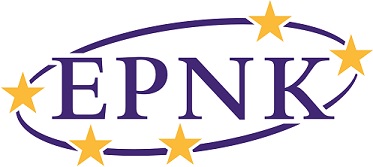 This article is published as part of International Alert’s work on the Nagorny Karabakh conflict, which is part of the European Partnership for the Peaceful Settlement of the Conflict over Nagorno-Karabakh (EPNK), a European Union Initiative. All opinions expressed are the author’s alone, and may not necessarily reflect the views of OC Media, International Alert or its donors.
This article is published as part of International Alert’s work on the Nagorny Karabakh conflict, which is part of the European Partnership for the Peaceful Settlement of the Conflict over Nagorno-Karabakh (EPNK), a European Union Initiative. All opinions expressed are the author’s alone, and may not necessarily reflect the views of OC Media, International Alert or its donors.





